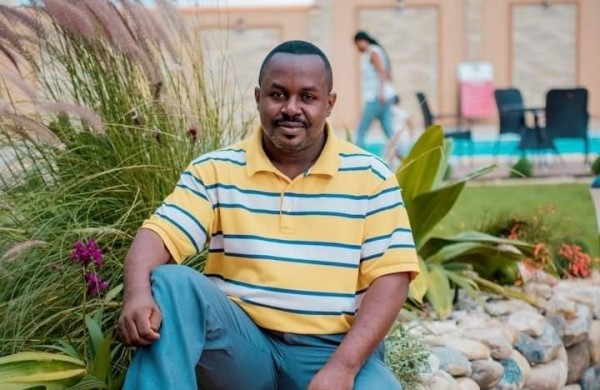Authorities in Rwanda are cracking down on media across the country, ahead of elections scheduled to begin 9 August.
On 26 July, the Media High Council reportedly issued a communiqué listing 41 news outlets as having fulfilled the criteria laid out in the media law of the country, and inviting them to apply for an operating license.
On 28 July, the Council gave orders to security forces to shut down news outlets allegedly operating illegally simply because they had been excluded from the communiqué. The list of purported offenders comprised some of Rwanda’s most prominent media, including newspapers and radio stations, according to local rights organisations.
The move to shut down media outlets across the country is but one element of a series of worrying moves against freedom of expression ahead of the elections next week, which current President Paul Kagame is widely expected to win.
In April, the Media High Council issued orders for the shutdown of two independent publications, Umuseso and Umuvugizi, allegedly for insulting the head of state and inciting insubordination. No specific articles were named. Both publications were also omitted from the 26 July list. According to Reuters, the publications were allied to Faustin Kayumba Nyamwasa, a former Rwandan army chief and liberation hero who was shot by an unknown attacker on 19 June in South Africa, where he lived in exile. Nyamwasa had fallen out with Kagame and had accused him of corruption and using violence to silence opposition, a charge the president denied.
On 24 June 2010, Jean Leonard Rugambage, an editor for the banned Umuvugizi newspaper, was shot dead in front of his home on the outskirts of the capital Kigali.
Umuvugizi’s editor, Jean Bosco Gasasira, who now lives in exile in Uganda, was severely beaten by unknown attackers in Kigali in 2007. Gasasira accused the government of murdering Ruganbage. “I and my deputy editor were following up an investigative story (and) he’s been under intense surveillance. We’re really 100 percent sure it was those people who have been following him who are responsible,” he told Reuters by phone from Kampala, Uganda.
In July, authorities arrested Agnès Uwimana, the editor of another newspaper, Umurabyo, over articles that allegedly incited the public to disobey, and rumours that can cause disturbance in the country, media rights organisations reported.
IPI Interim Director Alison Bethel McKenzie said: “At the IPI World Congress in Nairobi in 2005, President Kagame spoke of working together with international organisations and the media to build a better future for his country. We ask him to honour the commitment he made then, and to ensure that the media is free to report independently on matters in the public interest, including the upcoming elections.”

